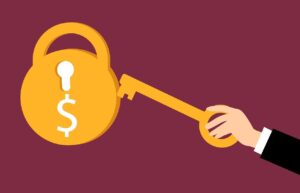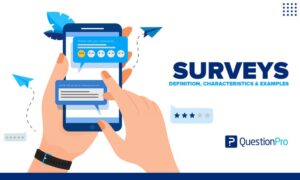Introduction
In today’s fast-paced world, understanding the key concepts of financial literacy is crucial for securing long-term prosperity. By mastering these concepts, individuals can navigate the complex world of personal finance with confidence and clarity. Let’s delve into the essential principles that form the foundation of financial literacy.
Setting Financial Goals
The first step in achieving financial prosperity is setting clear and achievable financial goals. By defining what you want to accomplish financially, you can create a roadmap that guides your decisions and actions towards long-term success. Ask yourself: What are my short-term and long-term financial aspirations?
Budgeting and Expense Tracking
Effective budgeting is the cornerstone of financial literacy. By creating a budget that aligns with your financial goals, you can track your income and expenses, identify areas where you can save money, and ensure that you are living within your means. Utilize budgeting tools and apps to streamline this process and stay on top of your finances.
Understanding Debt Management
Debt can be a significant obstacle to financial prosperity if not managed effectively. Understanding the different types of debt, such as credit card debt, student loans, and mortgages, is key to developing a plan to pay off debt strategically.
Read Also: Build a Diversified Investment Portfolio for Long-Term Growth
By prioritizing high-interest debt and making consistent payments, you can take control of your financial future.
Investing for the Future
Investing is a powerful tool for building wealth over time. By understanding basic investment concepts, such as risk tolerance, diversification, and compound interest, you can make informed decisions that align with your financial goals. Consider working with a financial advisor to develop an investment strategy that suits your individual needs and risk profile.
Building an Emergency Fund
An emergency fund is a financial safety net that can help you weather unexpected expenses or income disruptions. Aim to save three to six months’ worth of living expenses in an easily accessible account to protect yourself from financial emergencies. Start small and gradually build your emergency fund over time.
Conclusion
Mastering the key concepts of financial literacy is a transformative journey that can lead to long-term prosperity and financial security. By setting goals, budgeting effectively, managing debt, investing wisely, and building an emergency fund, you can take control of your financial future and achieve your dreams. Start your financial literacy journey today and pave the way for a brighter tomorrow.















Pingback: 5 Essential Habits for Achieving Financial Independence - THIS DAY AFRICA